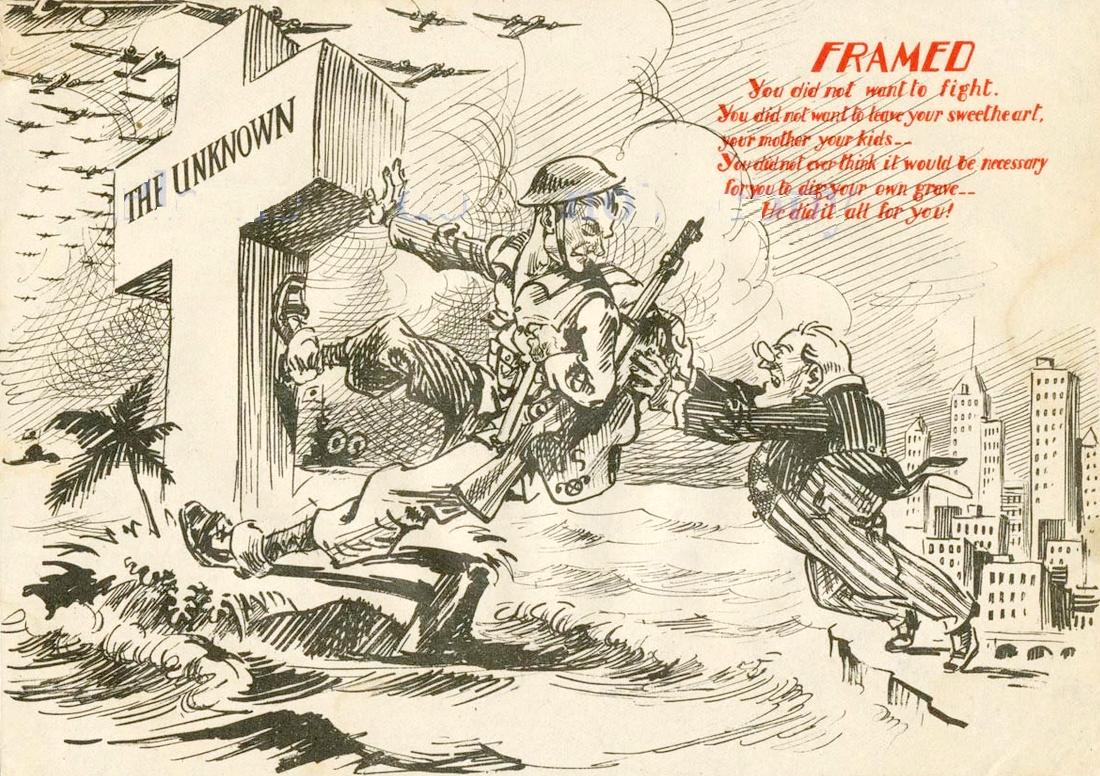"If hostilities breakout with the United States, taking Guam and the Philippines or evem Hawaii and San Francisco won't suffice. We'll have to head to Washington and sign a treaty at the White House."
-- Adm., Isoroko Yamamoto, Commander-in-chief of the Combined Fleet
War with the Unted States was a huge gamble for Japan with a smaller population and much smaller industrial base. Prime-Minister Tojo and the military high command, however, were convinced that they could achieve victory. The Japanese strategic concept was to smash the Pacific Fleet and seize a huge empire with the resources it needed to finish the war in China. They then planned to fortify their Pacific possessiins so that it would be enormously costly for the Americans to retake. The Japanese calculated that the resources they obtained would enable them to wage war indefinitely. The Japanese war stategy was premissed on two assumptions. First, the Japanese militarists with little knowledge of America were convinved that the United States would never make the sacrifices needed to retake the Japanese conquests. They seem to have believe that the superior fighting spirit of the Japanese soldier was the key to victory. They were convinced that the Americans were not capable of such commitment. It is difficult to say how they came about this conclusion. The familiarity with America among the militarists who made the fateful decesion for war was very limited--essentialy linited to viewing Hollywood movies. The alleged subservience to women in such movies impressed many Japanese. (As one historian joked, "They must have missed 'Gone wih the Wind'. Second, the Japanese military planners assumed that the naval and air superority they used to seize their empire would continue unchallenged. Another reason that they believed they could maintain naval and air dominance is that when the Japanese war plans were being finalized, the Germans had achieved enormous victories in Europe and beginning in June 1941 had launched Operation Barbarossa which looked like it would add the Soviet Union to their conquests. In short the German sa nd Japanese looked posded to dimanting the Eurasian land mnass. Thus the Japanese planners were convinced that the United States would be faced with a powerful NAZI Germany that would require all of their resources to resist. Ironically, the decesion to attack the United States Pacific Fleet at Pearl Harbor contained the seeds that would undermine the Japanese and overall Axis war plan by bringing America into ghe War. Japan signed a neutrality pact with the Soviet Union. This allowed the Soviets to transfer Siberian divisions west that played a key role in the defense of Moscow and a Red Army Winter Counter Offensdive. This proved to be the decisive turning point of World War II. The military aspect of their war straegy was well planned and brilliantly conducted as the launched the Pacific War. There phemonenal offensive rampage through the Pacific and Southeast Asia was an stunning success. What was not so carefully thought out was just how they were going to end the War. T here was no plan to attack America, only that the Americans would not be willing to pay the coast in blood and tresure to retake the conquered territories. The Japanese calculted that the Americans as a result would seek peace. Yet the surprise (Amemericans at the time would say 'sneak') attack meant that the Americans would not see a negotiated peace. President Roosevelt called it 'day of infamy'. And added, "Never will or whole pelople forfet the nature vof the onslaught against us." There was not ever a thoughjt of nehotiation. Rather a united nation turned to the business of waging war on an unprcedeted level. The Japanese had in effect precluded any possibility of a negotiated settlemennt and created a vengeful enemy.
CIH -- WW II

Navigate the CIH World War II Section:
[Return to the Word War II Japanese strategic concept page]
[Return to the Main World War II Japanese page]
[Return to the Main World War II oil page]
[Return to the Main World War II page]
[Biographies]
[Campaigns]
[Children]
[Countries]
[Deciding factors]
[Diplomacy]
[Geo-political crisis]
[Economics]
[Home front]
[Intelligence]
[Resistance]
[Race]
[Refugees]
[Technology]
[Bibliographies]
[Contributions]
[FAQs]
[Images]
[Links]
[Registration]
[Tools]
[Return to Main World War II page]
[Return to Main war essay page]
Created: 5:44 PM 12/17/2021
Last updated: 5:44 PM 12/17/2021



